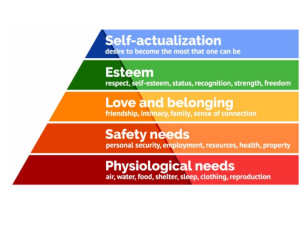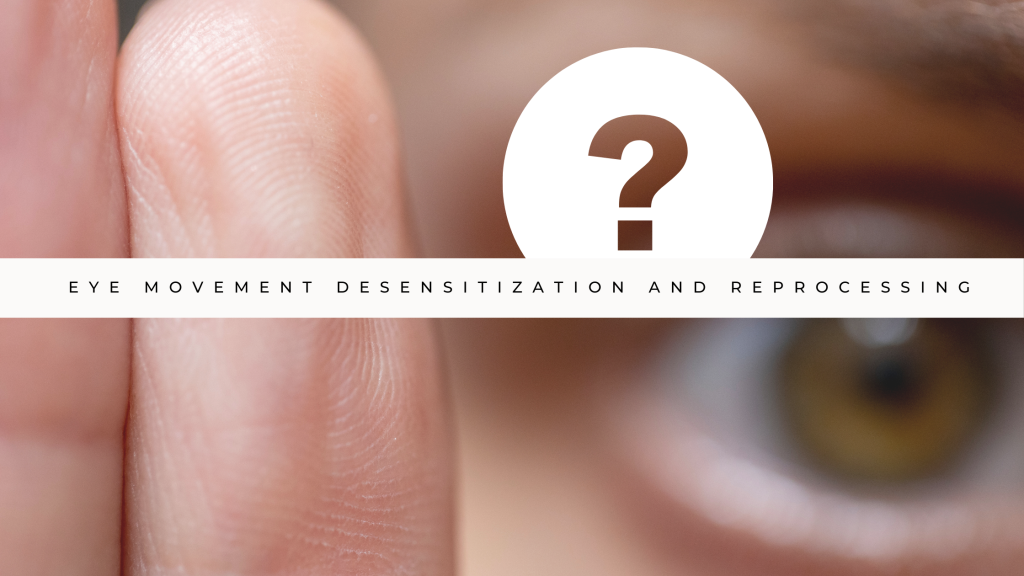
Photo by Canva
If your first reaction to your teen’s undesirable behaviour(s) is frustration and stress – this blog article is for you!
This month we are talking to teen girls and their parents about teen behaviours. We want to help you get curious about behaviour in a way that is going to make your parent-teen journey smooth-er sailing.
When your teen yells, giving you side eye while storming up to their room and slamming their bedroom door where they are surely either flipping you the bird or maybe destroying your hard earned stuff, the last thing you want to do is be curious about the why. I get it. But, what’s underneath our teen’s behaviour tells an important story. It’s like figuring out the Rubik’s cube or solving a Japanese Puzzle Box.
Eureka!
Getting curious about your daughter’s teen behaviour can help you:
- Get out of that stuck feeling of not knowing what to do or where to go from here
- Bring more peace to resolving conflict
- Regulate your emotions by bringing online the more analytical, reasoning part of the brain
- Diffuse situations before they escalate
- Be more creative in exploring options and resolutions

Photo by Canva
The first thing to understand is that Behaviour seeks to meet a need. All behaviour is a response to an unmet need. Believe it or not, your teen fighting you on chores and constantly staying up past their bedtime is actually trying to accomplish something. Now, your teen is most likely not thinking,
“I need more choice and autonomy, so I’m going to argue with my mom about the chores they want me to do”.
It’s a little more subtle than that.
Think of it as an iceberg- the part of the iceberg on the surface is the What.
What you see, what they are doing, what is happening.
Everything beneath the surface leads to the what. Things underneath the surface are often unknown to you and sometimes even unknown to your daughter’s conscious thought. Things like thoughts, beliefs, assumptions, perceptions, feelings, and needs are all underneath the surface. The behaviour you see is a combination of all of this and their available skills to take action on what they need.
What does this actually look like in real life?
Here’s an example. You struggle with your teen to get her to go to school. She outright refuses some days. (Tip of the iceberg).
Thoughts, assumptions, beliefs, perceptions– “people don’t really like me”, “they think I’m weird”, “if I stay home things will be better” (underneath the iceberg)
Feelings– worried, stressed, hopeless, embarrassed (underneath the iceberg)
Needs– connection, safety, security, inclusion, peace (underneath the iceberg)
Now you see the tip of the iceberg has a little more to it. In fact, you might have noticed yourself softening with empathy and compassion for this teen. Or, maybe not quite yet, but you’re considering.
(For more examples and tips like this, give us a follow on Facebook or Instagram).
Teen Behaviours: Common Needs That Precede the Behaviour

Photo by Canva
Here are a few important needs of behaviours:
- Acceptance
- Appreciation
- Communication
- Inclusion
- Love
- Respect/self-respect
- To know and be known
- Be understood
- Rest/sleep
- Movement/exercise
- Presence
- Joy
- Humor
- Peace
- Inspiration
- Choice
- Freedom
- Independence
- Challenge
- Growth
- Hope
- Self-expression
- To matter
If you want an even more thorough list, check out the Needs Inventory from The Center for Nonviolent Communication.
Another way of looking at needs is to consider them at different levels. Maslow’s Hierarchy represents this using a pyramid. At the base are the most basic needs and as you climb the pyramid the needs become more existential – and important nevertheless.

So, how do you, a parent of a teenage daughter, figure out what she needs? Unlike the crying baby who prompts you into non-verbal detective work, your teen can be a collaborative partner in this discovery.
Teen Behaviours: 5 Tips To Discover The Need (With Your Teen):
Understanding Teen Behaviours Tip #1: Ask questions to understand her perspective (help me understand why you want to stay up later? What’s important about going to that party? What’s your perspective on what happened? What do you think it means when she said that?
Understanding Teen Behaviours Tip #2: Play out the scenario like you are reading a case file from the CSI squad– and it is now your turn to do a little profiling- e.g. Teen opposes you on everything. If you say left, she says right. Her political and social views are complete opposites of yours and she doesn’t have a problem letting you know that your beliefs are wrong. Need profiling- maybe a need for self-expression, autonomy, to be known, stimulation, discovery, etc.

Photo by Canva
Understanding Teen Behaviours Tip #3: magician never reveals their secrets, but perhaps will show you a trick or two. Let your teen know you notice the behaviour and are trying to grasp the bigger picture in support of them (and you). “I’ve noticed you run off to your bedroom right after school for a while instead of getting to your homework and chores that we’ve asked you to do. I’m thinking maybe you are needing some rest after school? I could be wrong, but can we talk about it and find a solution that works for everyone?”
Understanding Teen Behaviours Tip #4: Put yourself in her shoes. Empathy can be a great way to discover needs. You don’t need to totally relate to the situation at hand (maybe you’ve never had a snapstreak you didn’t want to give up!), but if you can relate to the feeling that’s where you can discover the need. E.g. I’ve felt annoyed before- I needed some space. I’ve felt left out before- I needed connection.
Understanding Teen Behaviours Tip #5: Ask your wise council. Talking it through with someone can help give perspective and insights that you may not have considered before. Whether it’s your partner, your pastor, your therapist, or your wise gal pal, – lean in and see what more heads come up with.

Photo by Canva
You can collaborate further with your teen, by introducing a third party support person to talk it out with them. Your teen daughter can sometimes find it easier to go through ideas, or share her emotions, with someone who isn’t immediately connected to her – a safe space. At Pyramid Psychology, we have a team of skilled therapists who can help guide your teen through this conversation. You can book a free consultation with anyone on our team HERE.
Book a free teen therapy consultation
Stay tuned for our next blog where we walk you through what to do once you better understand the need.
Love,
Chantal

Chantal Côté (she/her) is a psychologist and teen life coach living in Calgary, Alberta. After over a decade in non-profit and community mental health, Chantal started Pyramid Psychology, a practice dedicated to supporting teens – a population she is constantly amazed by. Chantal is on a mission to help 100,000 teen girls (and their parents) build bulletproof mindsets so they can weather the ups and downs of life. As part of this goal, Chantal has had the privilege of speaking at various events – virtual and live – to support teens and parents.
Outside of this passion, Chantal is often in nature, writing poetry, playing ball hockey and hanging out with her loved ones.
Each week, Chantal writes a blog article in response to issues she hears from the parents and teens she connects with.
If you have something you’d like to read more on – email ideas and questions to info@pyramidpsychology.com or DM us via Instagram or Facebook.



























 What I would tell my younger self (younger sibling). When I ask this question 9 times out of 10, teens tell me their advice for their younger person would be to wait as long as they can before they start using social media, to avoid platforms that constantly show them videos and pictures they compare themselves to, and to enjoy things outside of screen time.
What I would tell my younger self (younger sibling). When I ask this question 9 times out of 10, teens tell me their advice for their younger person would be to wait as long as they can before they start using social media, to avoid platforms that constantly show them videos and pictures they compare themselves to, and to enjoy things outside of screen time.






 Hello, my name is Tara, and I am a graduate student in counselling, I will be doing my practicum at Pyramid Psychology and I am very excited to practice all the skills I have learned as well as develop new relationships.
Hello, my name is Tara, and I am a graduate student in counselling, I will be doing my practicum at Pyramid Psychology and I am very excited to practice all the skills I have learned as well as develop new relationships.













 I am a registered social worker with a Bachelor of Social Work with a major in psychology from the university of the Western Cape, and a Master’s in Clinical Social Work specialization with individuals, families, and groups from the University of Calgary.
I am a registered social worker with a Bachelor of Social Work with a major in psychology from the university of the Western Cape, and a Master’s in Clinical Social Work specialization with individuals, families, and groups from the University of Calgary.









